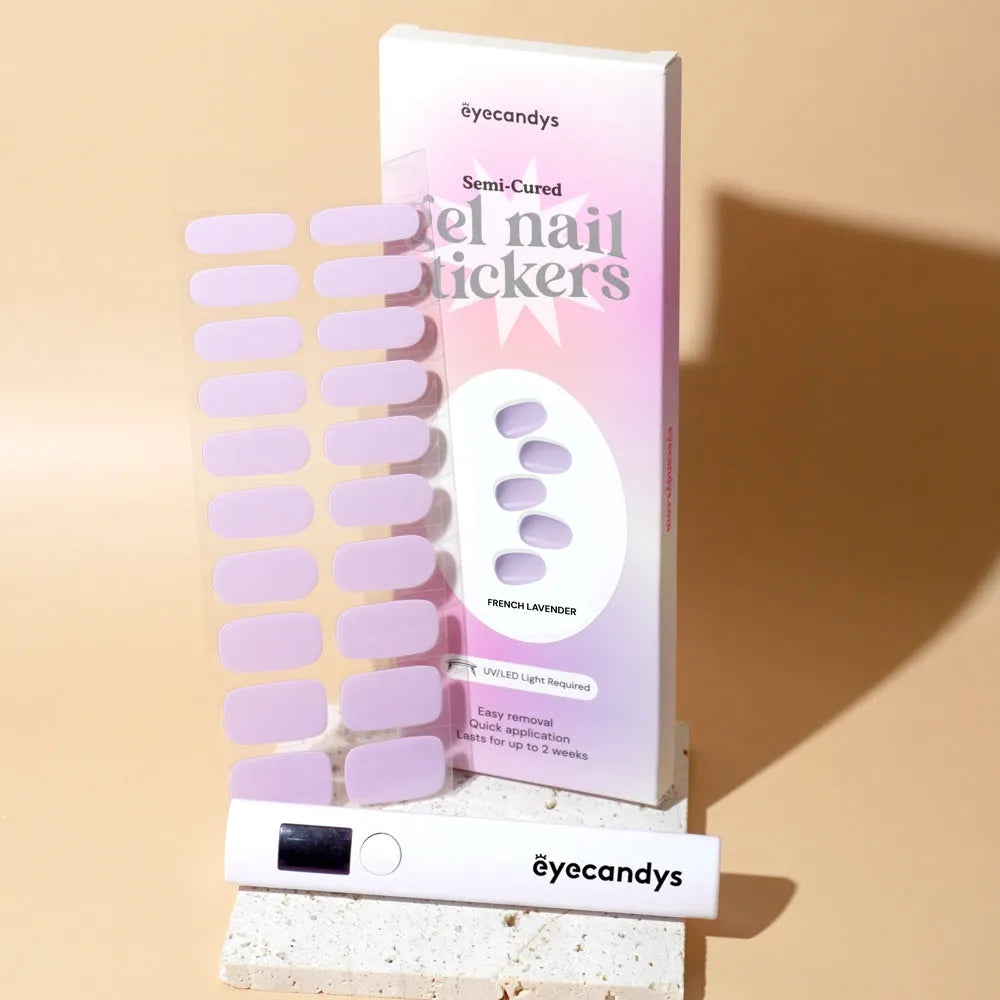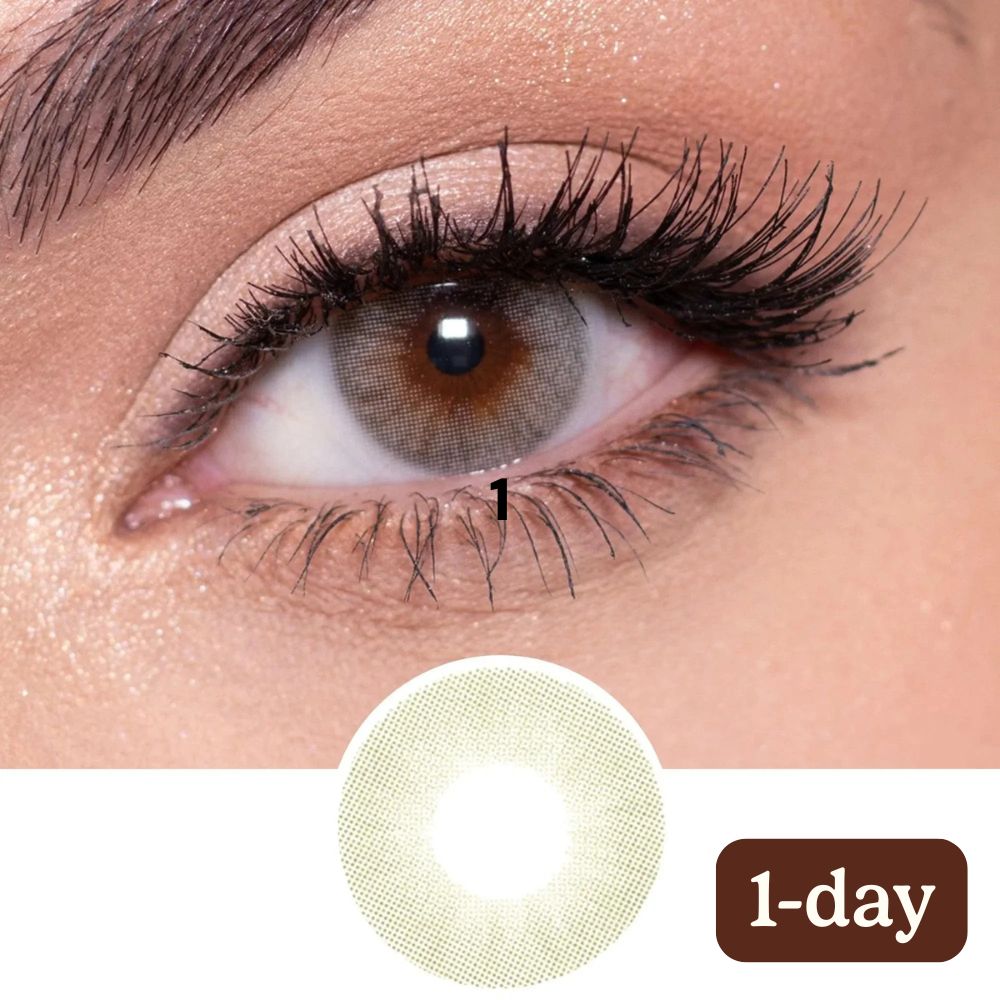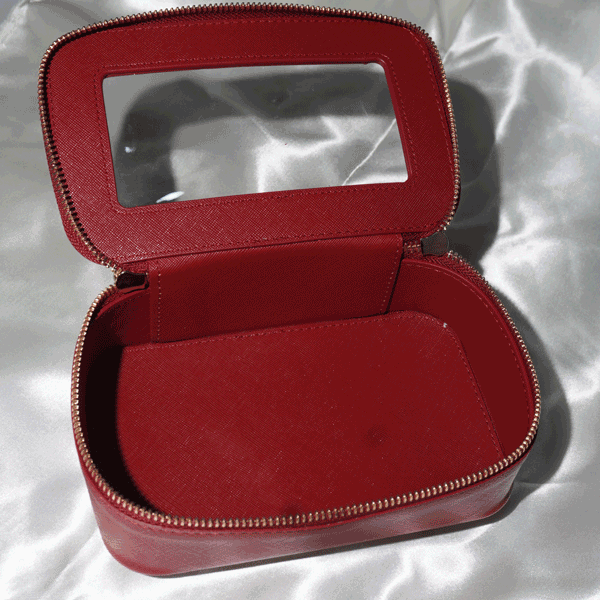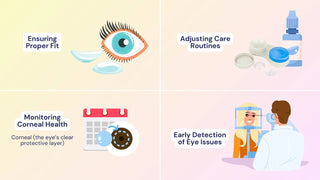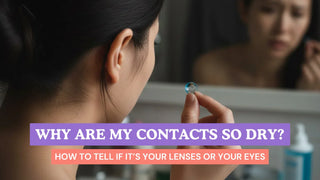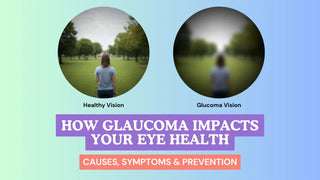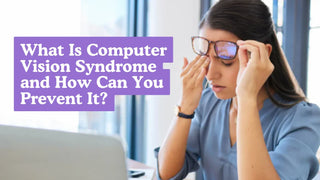Introduction
Contact lenses have revolutionized vision correction, offering a convenient and aesthetically pleasing alternative to traditional eyeglasses. However, with this convenience comes the responsibility of maintaining proper eye health. Regular eye health checkups are crucial for contact lens wearers to ensure optimal vision and prevent potential complications. This article explores why these checkups are essential and how they contribute to long-term eye health.
Why Regular Eye Checkups Matter for Contact Lens Wearers
Ensuring Proper Fit and Prescription
Contact lenses are applied and stay on the front of your eyes until you remove them. Contact lenses have the potential to negatively impact the health of the front surface of your eye if the lenses are not properly fitted. So, its imperative to have an eyecare professional select an appropriate contact lens to achieve a proper fit critical for optimal eye health, comfort and vision quality. Over time, your eyes may change shape or your vision needs may shift. Regular checkups ensure your lenses continue to fit well and provide the correct vision correction.
Early Detection of Eye Health Issues
Many eye conditions develop gradually and may not present noticeable symptoms in their early stages. Contact lenses can cover up problems such as abrasions, dry patches, and ulcerations. Contact lenses may mask the pain that is often associated with these conditions. Pain serves as a warning sign that the eye is in trouble. Patients often wait to seek care for these conditions since their contact lenses mask the pain. In the meantime, these conditions can worsen, potentially leading to permanent scarring and loss of vision. Regular eye exams can detect issues like dry eye syndrome, abrasions, or even more serious conditions like glaucoma before they significantly impact your vision or overall eye health.
Monitoring Corneal Health
Contact lenses can affect the cornea, the clear, front surface of your eye. Regular checkups allow your eye care professional to monitor the cornea's health, ensuring it's receiving enough oxygen and hasn't been damaged by contact lens wear.
Adjusting Care Routines as Needed
As your eyes change or new lens technologies become available, your care routine may need adjustments. Regular checkups provide an opportunity to review and update your lens care practices, ensuring they remain effective and suitable for your specific needs.
Common Eye Health Issues for Contact Lens Wearers
Contact lens wearers are at risk for several eye health issues, including:
- Dry Eye Syndrome: The cornea needs to remain hydrated. Soft contact lenses completely cover the cornea. This reduces the amount of tears reaching the cornea. Contact lens wear can also decrease tear production, increase tear evaporation and negatively impact tear quality.
- Corneal Abrasions:Scratches on the cornea that can occur from improper lens handling or foreign particles trapped under the lens.
- Eye Infections: Once the cornea is compromised from excessive dryness and/or scratches, bacteria, viruses, or fungi can enter the eye from contaminated lenses or solutions.
- Corneal Neovascularization: Normally, the cornea lacks blood vessels. This helps maintain the clarity of the cornea. However, new blood vessels can grow on the cornea. A common cause of corneal neovascularizatin is overwearing contact lenses, especially contaminated contact lenses. Regular eye health checkups can detect these issues early, allowing for prompt treatment and prevention of more serious complications.
The Eye Examination Process for Contact Lens Wearers
A comprehensive eye exam for contact lens wearers typically includes:
Visual Acuity Tests
These tests measure how well you can see at various distances, with and without your contact lenses.
Refraction Assessment
This determines your exact eyeglass and contact lens prescription needs, which may change over time.
Corneal Topography
This non-invasive imaging technique maps the surface curvature of your cornea, which may be helpful for some types of contact lens fits.
Tear Film Evaluation
This assesses the quality and quantity of your tears, which is essential for comfortable contact lens wear.
Overall Eye Health Assessment
Your eye care professional will examine the overall health of your eyes, including the cornea, conjunctiva, and eyelids.
Frequency of Eye Checkups for Contact Lens Wearers
Most eye care professionals recommend annual checkups for contact lens wearers. However, this frequency may increase if you:
- Have a history of eye health issues
- Wear extended-wear lenses (contact lenses that are not removed daily)
- Have a high prescription
- Experience frequent discomfort or vision changes
It's crucial to schedule an immediate checkup if you experience persistent redness, pain, discharge, or vision changes.
Long-Term Benefits of Regular Eye Health Checkups
Consistent eye health checkups offer numerous long-term benefits:
- Maintaining Optimal Vision: Regular adjustments to your prescription ensure you're always seeing your best.
- Preventing Serious Eye Complications: Early detection and treatment of eye health issues can prevent more serious problems.
- Ensuring Comfortable Lens Wear: Addressing fit issues or dry eye symptoms promptly can significantly improve your wearing experience.
Tips for Maximizing Your Eye Health Between Checkups
While regular checkups are crucial, there's much you can do between visits to maintain your eye health:
- Follow proper contact lens care and hygiene practices, including regular cleaning and case replacement.
- Adhere to the recommended wearing schedule and avoid sleeping in your lenses unless specifically approved by your eye care professional.
- Be attentive to any eye discomfort or vision changes and seek professional advice if they persist.
- Maintain a healthy lifestyle, including a balanced diet rich in eye-healthy nutrients and regular exercise.
- Remove your contact lenses daily and avoid sleeping in them. Sleeping in contact lenses, even if they're approved for extended wear, can significantly increase the risk of eye infections and corneal damage. Giving your eyes a break from lenses overnight allows them to receive more oxygen and helps maintain overall eye health.
The Role of Technology in Modern Eye Health Checkups
Advancements in technology have enhanced the eye examination process:
- Advanced Imaging Techniques: Such as OCT (Optical Coherence Tomography) provide detailed images of the eye's structures.
- Digital Eye Strain Assessment: Evaluates how your eyes cope with prolonged screen time, a common concern for many contact lens wearers.
- Telemedicine Options:While not a replacement for in-person exams, telemedicine can offer convenient follow-ups and minor issue assessments.
Choosing the Right Eye Care Professional for Contact Lens Wearers
When selecting an eye care provider:
- Consider both optometrists and ophthalmologists, depending on your specific needs.
- Look for professionals with expertise in contact lens fitting and care.
- Ensure they use up-to-date technology and offer comprehensive eye health assessments.
Conclusion
Regular eye health checkups are not just a recommendation but a necessity for contact lens wearers. These examinations play a crucial role in maintaining your vision, ensuring comfortable lens wear, and protecting your long-term eye health. By prioritizing these checkups and following proper care practices, you can enjoy the benefits of contact lenses while safeguarding your precious sense of sight.
Time to Schedule Your Eye Health Checkup?
Don't wait until you experience problems with your contact lenses. Schedule your comprehensive eye health checkup today to ensure your eyes are getting the care they need. And when it's time to replace your lenses, explore EyeCandys' range of high-quality contact lenses designed for optimal eye health and comfort. Your eyes deserve the best care possible – make it a priority!


